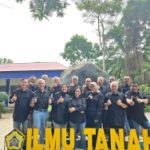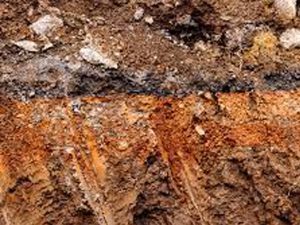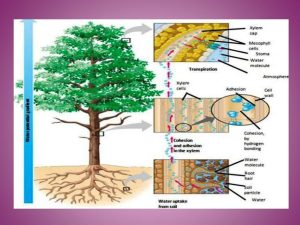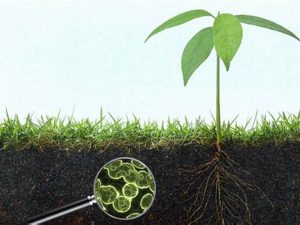Soil Science Cluster
Soil Physics
Soil physics is a branch of soil science that deals with the physical properties of soils, the measurement and the prediction and control (regulation) of biological processes occurring in the ground. Because physics includes matter and energy, soil physics also discusses the state and movement of materials and the flow and transformation of power in the soil.
The purpose of soil physics can be seen from two sides:
On the one hand, the purpose of the study of soil physics is to provide a basic understanding of the physical and chemical regulatory mechanisms of soil behaviour and its role in the biosphere, including the interrelationships in energy exchange in the soil, as well as the water cycle and the materials it can transport.
Soil Chemistry & Fertility
Chemical properties are characteristics of a substance or compound, where chemical changes or specific chemical reactions can know these properties. This chemical property also causes a sense to undergo specific reactions or not to undergo certain reactions. Of course, this chemical property is fundamental to study when we analyze an object related to chemical substances and compounds.
Soil chemistry is the study of the chemical characteristics of the soil. Soil chemistry concerns mineral composition, organic matter, and environmental factors. The chemical properties of the soil analyzed were the degree of soil acidity or pH, Cation Exchange Capacity or CEC, phosphorus (P), Potassium (K), Nitrogen (N), and C-organic.
Soil chemical properties are closely related to soil fertility’s role in providing nutrients plants need in the development and production process.
Soil Biology
Soil biology studies microbial and faunal activity and their ecology in the soil. Soil fauna, soil biota, or edaphone is usually used to describe organisms that spend most of their life cycles in the soil or organic sediments above it. Soil fauna includes earthworms, nematodes, fungi, bacteria, and arthropods. The decomposition of organic matter by organisms greatly influences fertility and soil structure, so soil biology plays a vital role in determining soil characteristics.
Most of the biodiversity in the form of microorganisms is in or near the soil surface. At least from eukaryotes, Animalia to prokaryotes inhabits soil ecology.[1] The relationship between soil microorganisms and soil function is quite complex and has been the subject of various observational activities. The food chain plays an essential role in the nutrient cycle, where the energy source is not always organic material but also inorganic minerals initiated by chemosynthetic bacteria and nitrogen by nitrifying bacteria, and plays a role in biogeochemical soil cycles.
SOIL SCIENCE STUDY PROGRAM
UNIVERSITY OF BENGKULU
Conservation of Coastal Region in Sumatera
Bengkulu is one of the provinces located in east Sumatra that directly connects to the Hindian Ocean. As geographics, this city has a large coastal area. This condition made this city had been limiting factor in the Agriculture subsector. Based on this condition, Soil Science Study Program had specific issues with the coastal region’s reclamation and conservation for suitable and sustainable agriculture.
Graduates of this study program can have careers in government institutions (Ministry of Agriculture, Ministry of Environment and Forestry, Local Development Planning Agency, Geospatial Information Agency, research centers and Local Governments), state-owned enterprises, and private institutions in agriculture and forestry.
Soil Analyst and Surveyor
The specific skills that soil science students must get can analyze soil samples to get certain data that would be interpreted to be easy to read and contribute to knowledge improvement in the future.
Besides soil analysis, the graduates of this study program would be expected to be a surveyor.
Graduates of this study program can have careers in government institutions (Ministry of Agriculture, Ministry of Environment and Forestry, Local Development Planning Agency, Geospatial Information Agency, research centers, and Local Governments), state-owned enterprises, and private institutions in agriculture and forestry.













